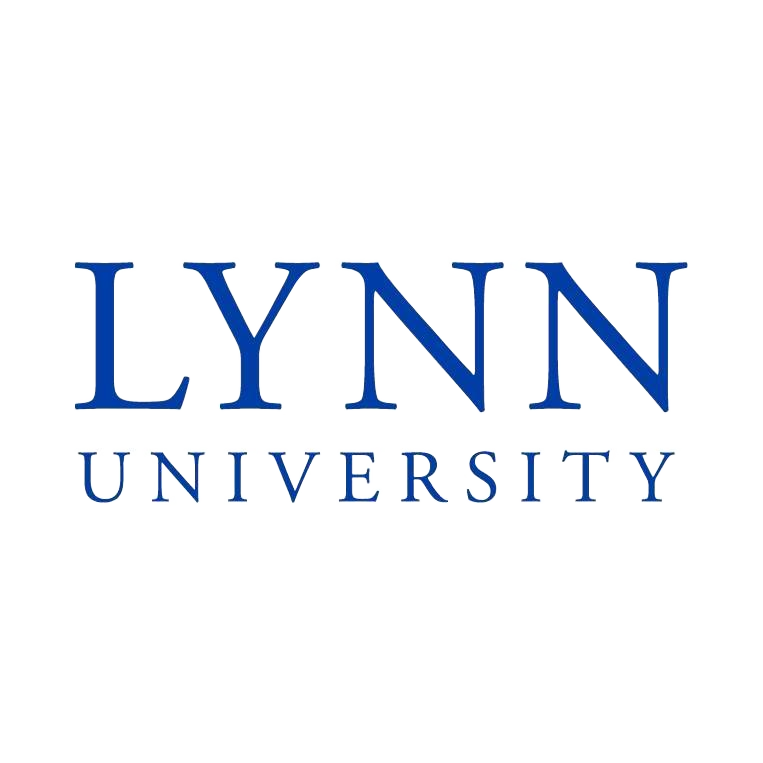
Financial aid (may be available)

Financial aid (may be available)

No cost info

No cost info

Financial aid (may be available)

Financial aid (may be available)

No cost info

Financial aid (may be available)

Financial aid (may be available)

No cost info

Financial aid (may be available)

Financial aid (may be available)

Financial aid (may be available)

Financial aid (may be available)
No cost info
No cost info
No cost info

Financial aid (may be available)
$649 total
No cost info
No cost info
Financial aid (may be available)

$2,730 total

$4,995 total
Are you interested in a career in Human Resource Administration? Do you live in Seattle and want to find the best classes near you? Look no further! In this blog post, we will guide you through the process of finding Human Resource Administration classes in Seattle and provide you with all the information you need to kickstart your career in this field.

Human Resource Administration is a field that involves managing the human capital within an organization. It encompasses various functions, including recruitment, employee training and development, performance management, compensation and benefits administration, and employee relations. HR professionals ensure that the organization's workforce is aligned with its strategic goals and objectives.
To pursue a career in Human Resource Administration, some form of formal education or training is typically required. While a college degree is not always mandatory, it can greatly enhance your job prospects and earning potential. Many employers prefer candidates with a bachelor's degree in human resources, business administration, or a related field.
In addition to a degree, acquiring relevant certifications can also boost your credentials and make you a more competitive candidate. Some of the most recognized HR certifications include:
When searching for Human Resource Administration classes in Seattle, there are a few factors to consider to ensure you find the best fit for your learning needs. Here are some things to look for:
Accreditation: Make sure the institution or program offering the class is accredited by a recognized accrediting body. This ensures that the curriculum meets the standards set by industry professionals.
Curriculum: Review the course syllabus to ensure it covers all the essential topics and skills necessary for a career in Human Resource Administration. Look for classes that provide a comprehensive overview of recruitment, employee relations, benefits administration, and other key HR functions.
Experienced Instructors: Check the qualifications and experience of the instructors who will be teaching the class. Look for professionals who have real-world experience in the field and can provide practical insights and guidance.
Hands-on Learning Opportunities: Practical experience is invaluable in the field of HR. Look for classes that offer hands-on learning opportunities, such as case studies, simulations, or internships. These experiences will help you apply theoretical knowledge to real-world situations.
Networking Opportunities: Building a professional network is essential for success in any career. Look for classes that provide networking opportunities, such as guest speakers, industry events, or alumni connections. These connections can open doors to job opportunities and mentorship.
Human Resource Administration classes typically cover a wide range of topics and skills necessary for a successful career in HR. Here are some of the areas you can expect to study:
After completing your Human Resource Administration class, you may choose to pursue a professional certification to enhance your credentials and demonstrate your expertise in the field. The certification process typically involves the following steps:
Eligibility Requirements: Each certification has its own eligibility requirements, which may include a combination of education, experience, and passing an exam. Review the requirements for the certification you are interested in to ensure you meet the criteria.
Exam Preparation: Prepare for the certification exam by studying the relevant materials and taking practice exams. There are various study resources available, including books, online courses, and study groups.
Taking the Exam: Schedule and take the certification exam. The exam format and length may vary depending on the certification you are pursuing.
Maintaining Certification: After earning your certification, you will need to fulfill certain continuing education requirements to maintain your certification. This ensures that you stay current with the latest developments and best practices in the field.
Once you have completed your Human Resource Administration class and earned relevant certifications, you will be ready to embark on your career in HR. Here are some tips for finding related jobs:
Networking: Tap into your professional network, attend industry events, and join HR-related associations to connect with professionals and learn about job opportunities.
Online Job Boards: Utilize online job boards, such as Indeed, LinkedIn, and Glassdoor, to search for HR positions. Customize your search filters to find jobs that match your qualifications and interests.
Company Websites: Visit the websites of companies you are interested in working for to check their career pages for job openings. Many organizations post job listings directly on their websites.
Recruitment Agencies: Consider registering with recruitment agencies specializing in HR placements. They can help match you with suitable job opportunities and provide guidance throughout the application process.
Becoming a Human Resource Administrator opens up a range of career advancement opportunities. Here are some additional classes you can consider taking to further enhance your skills and expertise:
Strategic HR Management: This class focuses on aligning HR strategies with the organization's overall business goals and objectives. You will learn how to develop and implement HR strategies that drive organizational success.
Employment Law: Gain a deeper understanding of the legal framework governing employment relationships. This class covers topics such as discrimination, harassment, wage and hour laws, and employee rights.
Organizational Development: Learn how to assess and improve organizational effectiveness. This class covers topics such as change management, employee engagement, and succession planning.
HR Analytics: Develop skills in data analysis and learn how to leverage HR data to inform decision-making and drive organizational performance.
Conflict Resolution: Enhance your conflict resolution skills by learning effective communication techniques, negotiation strategies, and mediation processes.
Human Resource Administration offers a rewarding career path with excellent growth opportunities. By taking the right classes and earning relevant certifications, you can enhance your knowledge and skills in this field. Remember to consider factors such as accreditation, curriculum, and networking opportunities when choosing a Human Resource Administration class. Dreambound is a valuable resource for finding vocational training programs, including Human Resource Administration classes near you. Start your journey towards a successful career in HR today!
Check out Dreambound's extensive guides focusing on the unique challenges and requirements for each city in the US. For more detailed information, see some of our other guides below.
If you're exploring various professional paths, Dreambound has in-depth guides to help assist you. Explore a few of these resources below.
Dreambound's platform allows prospective students to find the right educational program for them through searching, filtering, and connecting with our extensive selection of career & technical education partners.
Dreambound has over 70 programs across healthcare, technology, business, and industrial trades. This includes programs such as Medical Billing, Cybersecurity, and welding.
Some of our schools offer financial aid for those who qualify. Many others offer payment plans, where you can pay the cost of class over time.
Yes, Dreambound offers many online programs. On Dreambound's search, you can filter by online, in-person, and hybrid (part online, part in-person).
Dreambound is completely free for you to use! We are supported by schools and organizations who pay to advertise on our website, so we can offer all of our career resources for free.